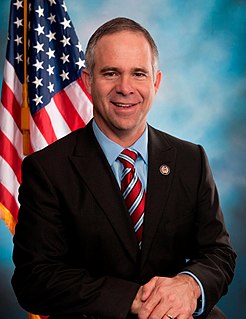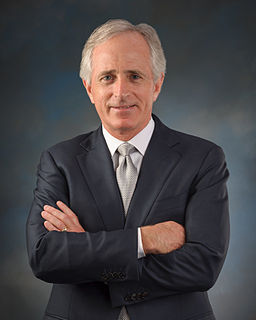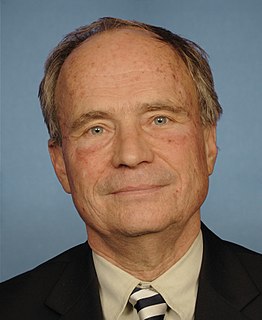A Quote by Jerome Powell
An increase in the debt ceiling should be accompanied by fundamental policy reforms, substantial budget savings, and a strong enforcement mechanism to tie the hands of any future Congress.
Related Quotes
Obama has been perhaps the most partisan President since Truman. He hasn't learned to be civil - note his insulting speech to Paul Ryan, who did us the courtesy of scoring a budget. The president has to talk to Republicans when it comes to the debt ceiling. He has reached the debt ceiling before anyone expected.
It's not about what the speaker wants. It's not about necessarily what I want. There's two other principles involved here. It's what the constituents in my district want, and they didn't want to raise the debt ceiling unless there were significant structural reforms and spending cuts to help us balance our budget.
If you ask the question of Americans, should we pay our bills? One hundred percent would say yes. There's a significant misunderstanding on the debt ceiling. People think it's authorizing new spending. The debt ceiling doesn't authorize new spending; it allows us to pay obligations already incurred.
We thank those Senators, both Republican and Democrat, who stood firm against tremendous pressure from the Bush administration, pro-drilling members of Congress and their allies in the oil industry. They recognize that the budget is an inappropriate place to decide controversial national policy matters like America's energy policy. We urge all members of Congress to remain steadfast in their belief that the vast, unspoiled wilderness of America?s Arctic National Wildlife Refuge is more than a line item in the Federal Budget.



































